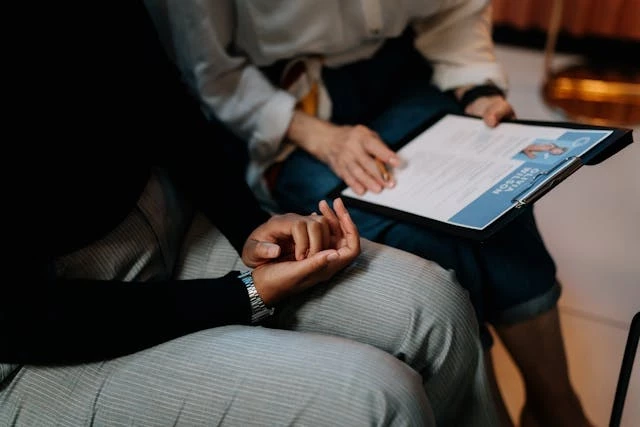
We are now at the end of 2021, the second consecutive year of a pandemic that brought many changes to our way of living and working. It was a challenging year, but it was full of learning and new beginnings.
This past year will be remembered as the year of the Great Resignation, which was for many a symptom of the pandemic shutdown. The phenomenon of the Great Resignation has happened before. But this pandemic indeed brought a sense of urgency, an understanding that we do not have much time because life can be a whisper.
Although these two years have been extremely demanding, one thing that was clear for all of us was the importance of building and keeping bonds. Still thinking about this feeling of urgency, people realized that wasting long hours in traffic and commuting from office to home and back again meant less time with their families. And in these moments of fear and insecurity, being safe at home and close to the ones we love is the most important thing.
In addition, individuals who faced the pandemic lockdown alone were much more vulnerable to mental and emotional health problems than the ones who remained close to family and friends. In this sense, the importance of developing and keeping positive relationship demands attention.
However, there is a tricky part: How do I bond with people? How do I build relationships? For extroverts, this might be a silly question. For others, it is quite challenging. A simple answer to these questions:
- First, you get attached to people.
- Then, you create a bond.
Overcoming Grief
We build our lives by experimenting. Our past experiences bring lessons learned and help to build our character. To succeed in building relationships, we have to get over negative experiences and feelings and help people around us do the same.
In the same way, we need to learn how to get attached to people. On the other hand, we also need to learn when to let people go. A relationship is about getting to know the other and letting them get to know you. For this to happen, we must be open, vulnerable, and able to show our true selves.
However, during our lifetime we can face negative and traumatic relationships, and these could hold us back. They can block us from building new and better connections. Instead of denying the situation, we need to face and go through the stages of grief to overcome the bad feelings and move on with our lives.

The Secure Base Concept Helps
A secure base could be a person, place, or thing that creates a sense of protection for a person. When it comes to relationships, you should map out who is your secure base. It is a person who provides safety and is reliable and trustworthy, but also challenges you to promote your growth.
Thinking about leadership as a relationship, you must create a safe environment, where the team will feel secure to explore all opportunities, boundaries, and frontiers without fearing anything. High performance leaders provide this sense of protection and inspire their people to thrive and move out of their comfort zone.
Secure base is partially about caring for people, but it is also about daring them to do their best. Some important skills a leader demonstrates when acting as a secure base for the team:
- Ability to accept the other person
- Ability to see the potential of the individual
- Encourages taking risks
- Allows the person to try something new
- Understands the importance of intrinsic motivation
- Demonstrates availability and accessibility
- Remains calm, even in hardship
- Listens well and asks what she should do instead of declaring her next move
- Has a positive attitude
READ: Learning and Development: An Action Plan for Leadership in a Crisis
Social Skills, Relationships, and Bonds
Daniel Goleman studied and described Emotional Intelligence (EI) as the capacity we all have to lead ourselves and our relationships. He presented four essential capabilities of EI:
- Self-awareness
- Self-management
- Social awareness
- Social skills
People use social skills to communicate and interact with others, both verbally and non-verbally. Social skills are described as our capacity to be visionary leaders, influencing and developing others, communicating well, being a change catalyst, managing conflict, working in teams, collaborating, and building bonds.
Therefore, you will find it impossible to build close relationships and bonds without developing your emotional intelligence. This learning journey starts with the internal, where you can develop more self-awareness and self-management. Then, it moves to the external, where you can develop social awareness and social skills.
The knowledge we build of our emotions helps us to understand and be empathetic with others. This is the foundation for building relationships and forming bonds.
Photo by Edmond DantèsforPexels



























